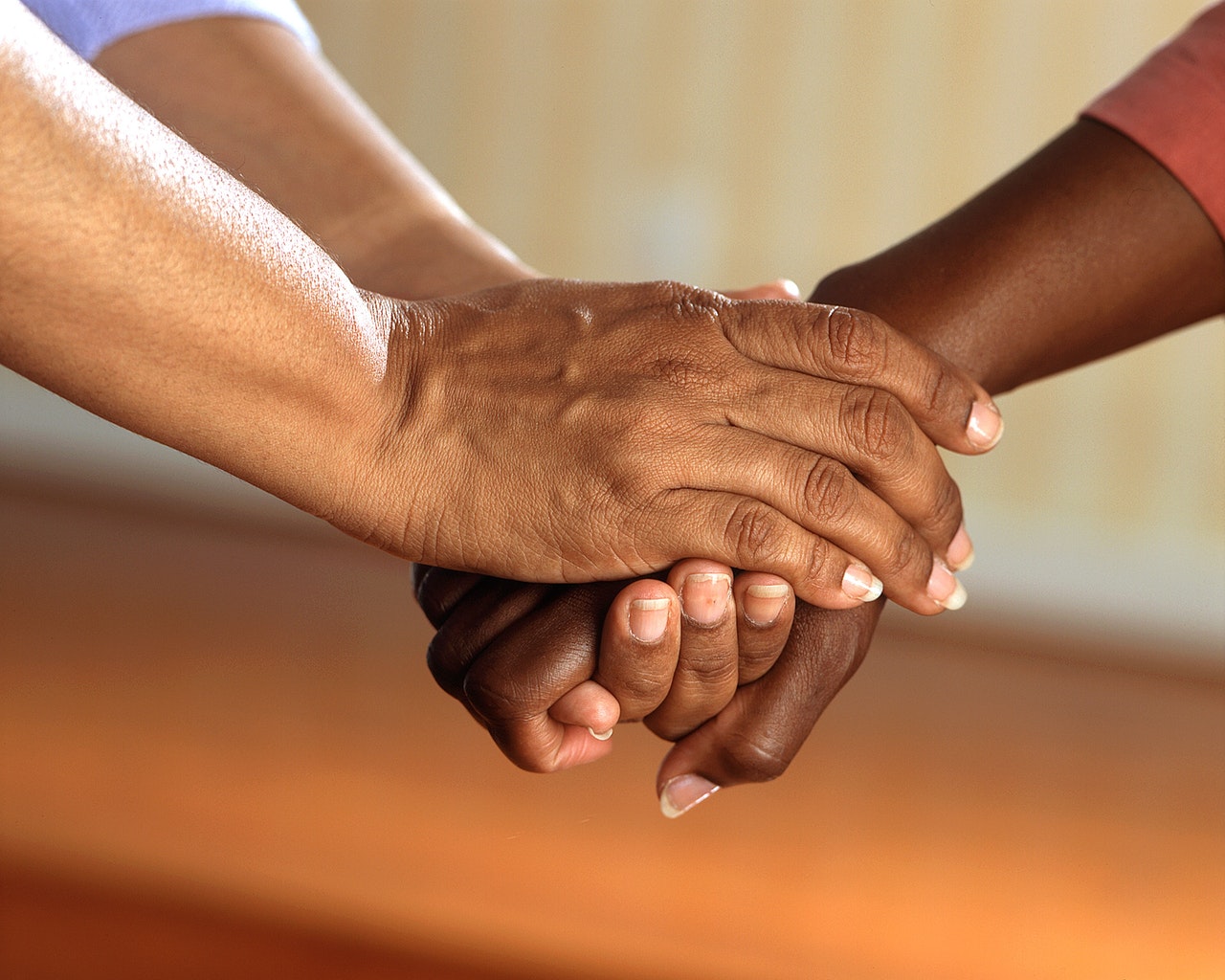People must stop “trying to blame” black, Asian and minority ethnic (BAME) Brits for being worst hit by coronavirus, a health expert has warned.
Professor Gurch Randhawa, a health inequality researcher at the University of Bedfordshire, said it is a “hard truth” that some inequalities are more likely to impact BAME communities.
A Public Health England report in June found people of Bangladeshi heritage are twice as likely to die of Covid-19 as white Brits – with every BAME group at higher risk.
But those communities are facing a backlash, with public debate often focusing on whether they are themselves to blame, Professor Randhawa told the London Assembly.
“No one gets up in the morning wanting to either harm themselves via Covid-19 or harm anybody else,” he said.
“Everyone is literally trying to put food on the table, pay the bills and live as healthy a life as they can.
“I think we do need to understand – and this is the hard truth – in the UK there are social inequalities that disproportionately affect black and minority ethnic communities.”
The University of Bedfordshire professor said local lockdowns in Leicester and Blackburn have both been linked to BAME communities.
A study by University of Leicester academics suggested Britain’s first local lockdown in the city was “less effective” in ethnic minority groups.
NOW READ: Hong Kong immigration set to hit outer London property market
And new restrictions in Manchester, Blackburn and other parts of Lancashire and Yorkshire were brought in at the end of last month (Friday July 31), coinciding with the major Muslim festival Eid al-Adha.
“Nobody talks about the beaches and parks [being crowded with visitors] as being a white problem – colour never comes into it,” Professor Randhawa said.
“I think that’s where we all collectively have a responsibility to portray these issues in a far more nuanced way.”
The public health researcher said coronavirus had arrived against a background of “very anti-immigrant, anti-BAME” public debate, as the Government prepared for Brexit with the legacy of the Windrush scandal still prominent.
The delayed Windrush report, published in March, found a culture of “institutional ignorance” about race at the Home Office – and prompted a public apology from Home Secretary Priti Patel.
“In the last six months we’ve seen the rise of the Black Lives Matter movement and a far greater push now on the debate around inequality,” Professor Randhawa said.
“But I do think we all have a responsibility because I still think the way some of these debates are framed is really unhelpful.
“When we talk about BAME communities we keep on trying to blame them.”
For the latest headlines from the City of London and beyond, follow City Matters on Twitter, Instagram and LinkedIn.








